Research identifying knowledge gaps in AT access and funding, highlighting reliance on peer networks.
All Resources
Showing 141 - 150 of 454
Results are ordered by date, with most recent published resources shown first.
Use the other filters to customize your search.
Results are ordered by date, with most recent published resources shown first.
Use the other filters to customize your search.
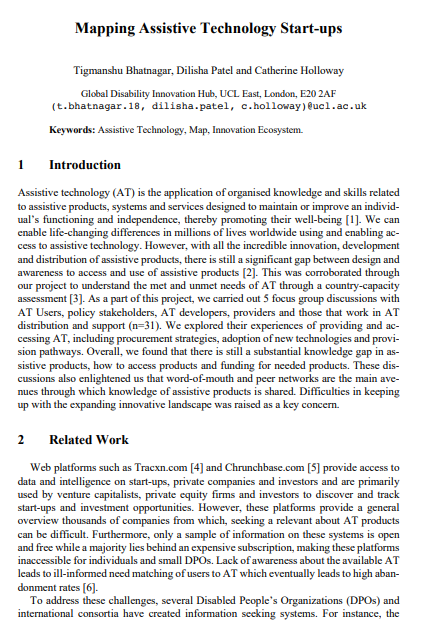
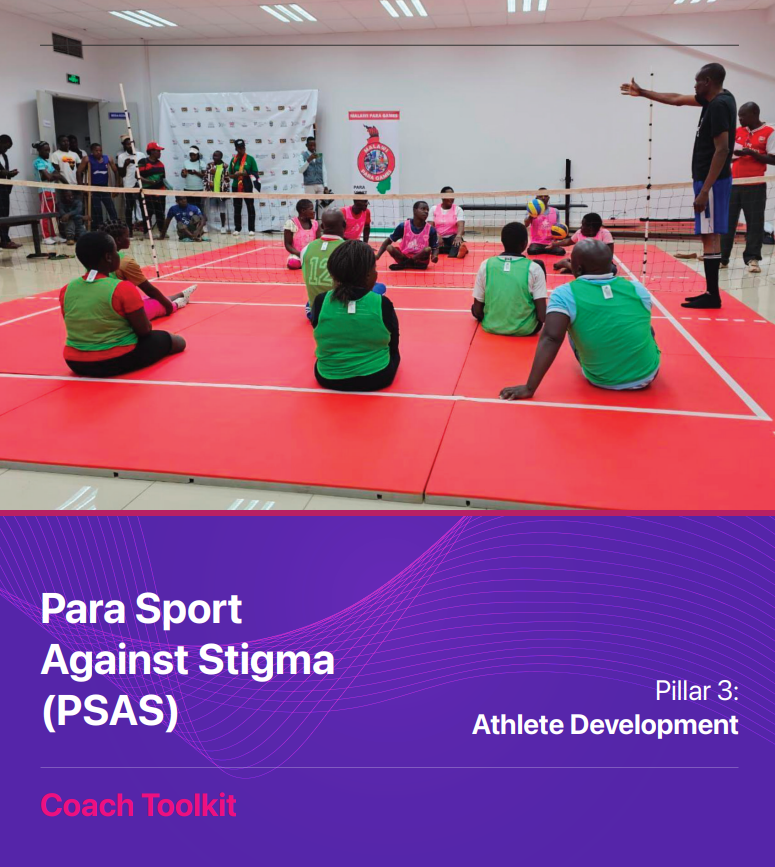
Practical toolkit for coaches of disabled athletes, covering classification, competition, and communication.
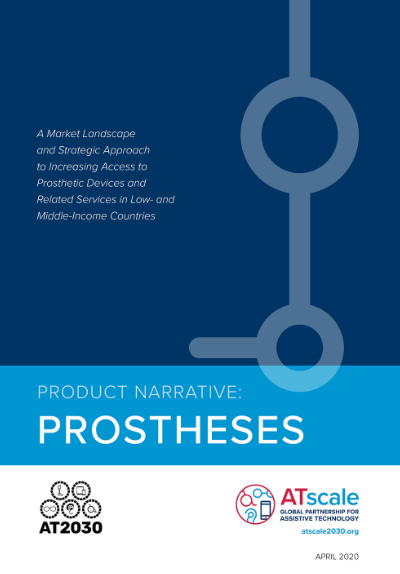
Explores and describes the prosthetic devices market, highlighting service delivery gaps, innovation potential, and actionable strategies to strengthen prosthetic services globally.
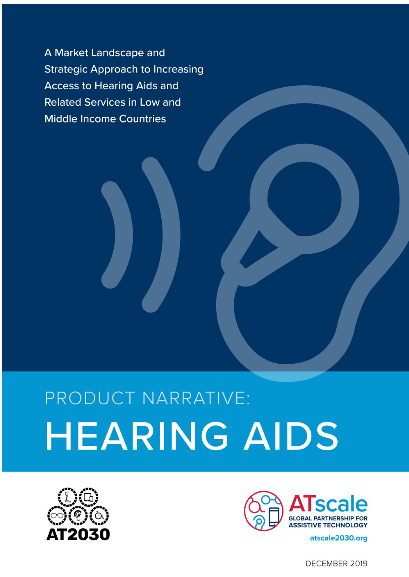
Outlines key factors shaping the global hearing aid market, identifies service delivery challenges, and suggests strategies to improve affordability and access to hearing aids and audiology services.
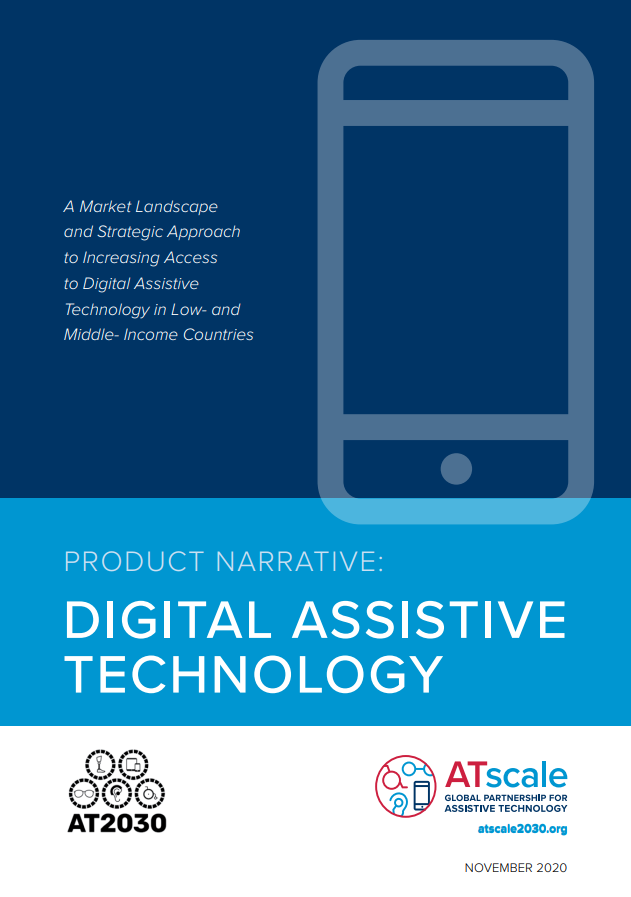
Provides insights into digital assistive technologies, their potential for innovation, scalability, and improved accessibility. Identifies strategic approaches to address gaps and enhance global access.
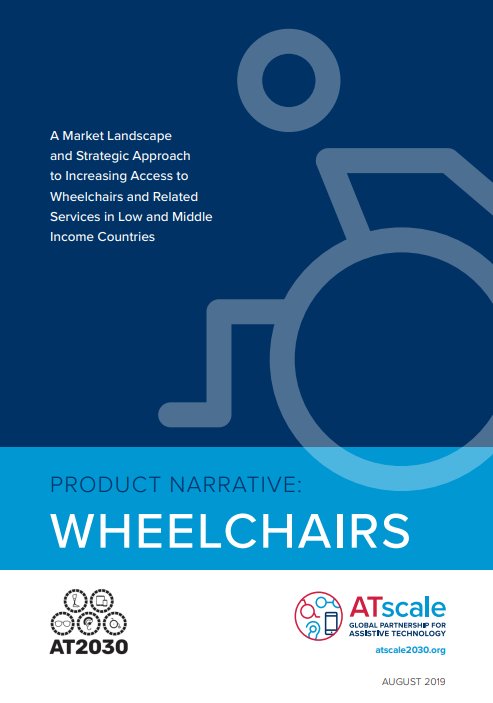
Explores the global landscape of wheelchair products and services, highlighting market dynamics, access barriers, and opportunities to expand availability, particularly in low- and middle-income countries.
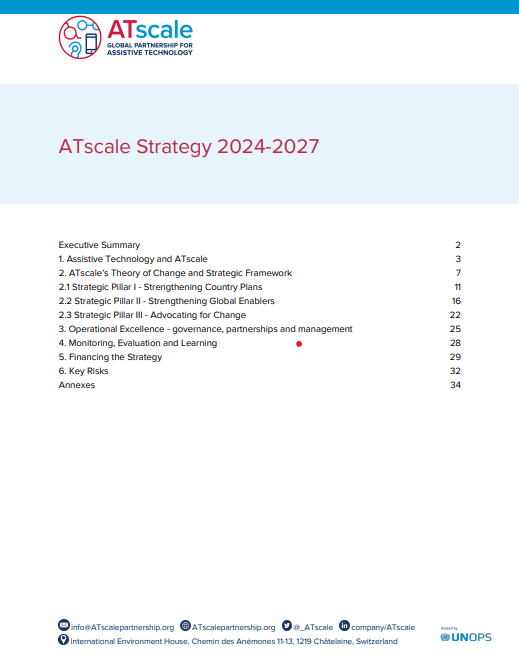
Outlines ATscale’s strategy to increase access to assistive technology over the 2024–2027 period.
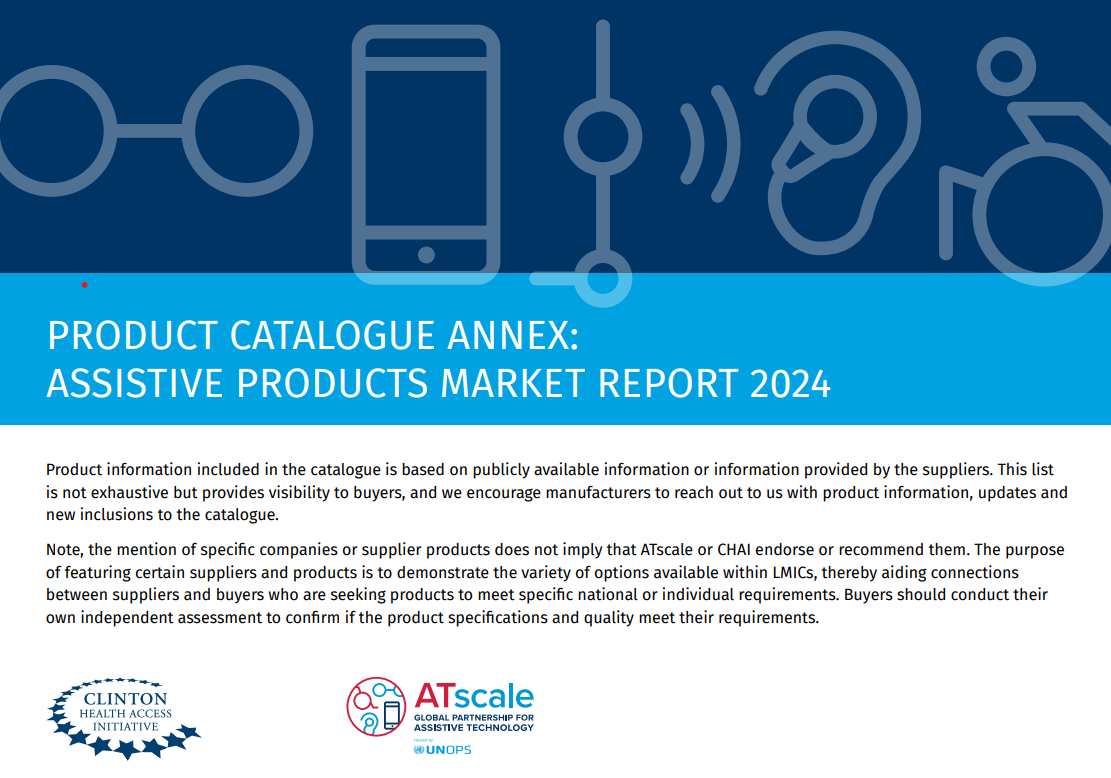
Assistive products market report 2024 Annex.
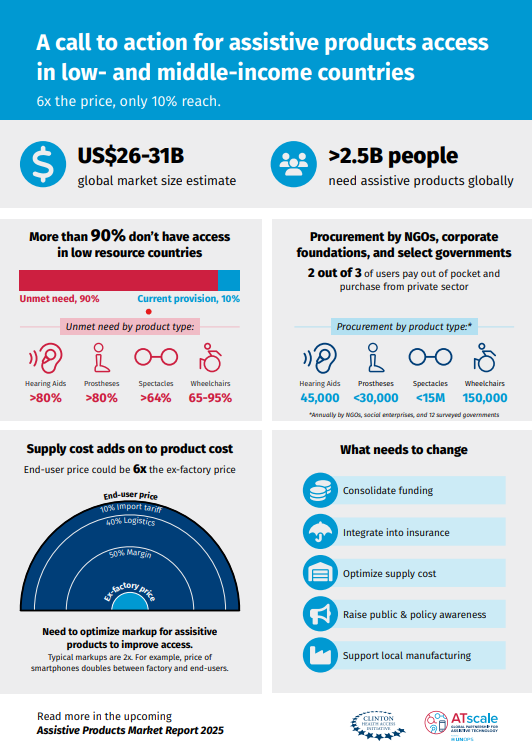
This is an infographic displaying the content of the Assistive Products Market Report 2024
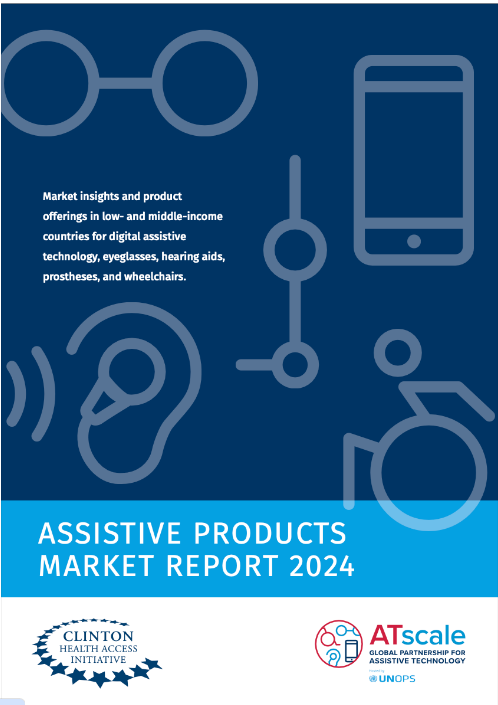
This report analyses markets for eyeglasses, hearing aids, prostheses, wheelchairs, and digital technology, outlining solutions to improve cost and availability.
